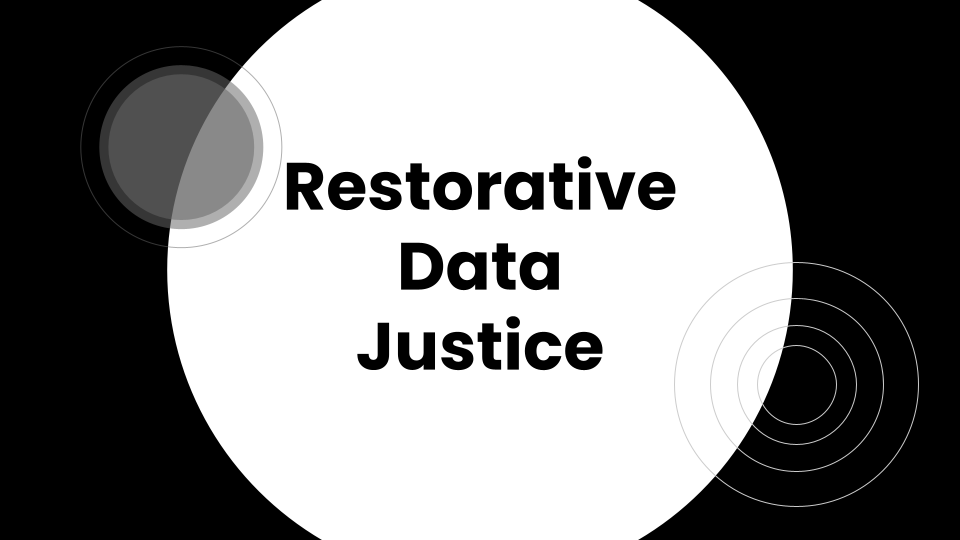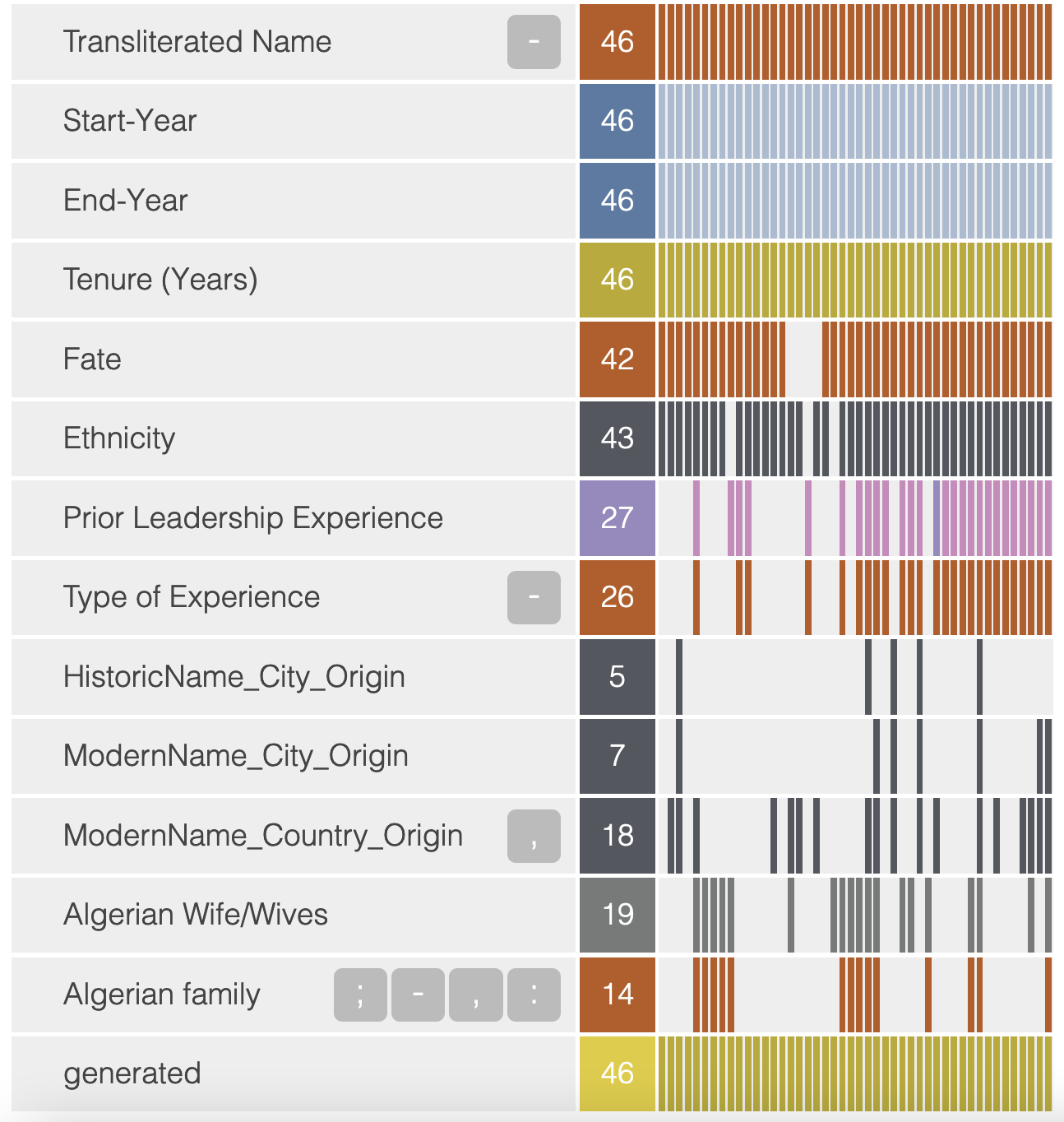The case of Algeria, a palimpsest of overlapping Berber, Roman, Arab, Ottoman, and French legacies, highlights the problematic nature of colonized archives and the question of what decolonizing data means in such a context. In this talk, I extend arguments for archival decolonization to the age of big data by offering a definition of restorative data justice and presenting two methods by which we may begin this work.
Category: News and Notes
Detecting Latent Textual Bias with Topic Modeling and Sentiment Analysis (DH 2022)
Posted in Digital Humanities, News and Notes, and Percolating Ideas
Presented at the Alliance of Digital Humanities Organizations annual conference, 2022, Online. Abstract Bias detection is an emerging area of research for digital humanists, computational linguists, and information studies scholars, alike, who point to biases inherent in our algorithms, software, tools, and platforms, but we are only just beginning to…
Can Data Silences Speak?
Posted in Digital Humanities, News and Notes, Percolating Ideas, and Research
Visualizing data absences prompts us to ask, Can the silences in the data speak? And if so, what do they say? How do silences in the data inform our understanding of the past and its representations? Can silences also inform the construction of an ontology?
From the Margins to the Center: A Method to Mine and Model Complex Relational Data from French Language Historical Texts
Posted in Digital Humanities, News and Notes, Percolating Ideas, and Research
Presentation for the Alliance of Digital Humanities Organizations Annual Conference (9-12 July 2019, Utrecht, Netherlands) Long Abstract In humanistic research, Named Entity Recognition is highly useful, but it mines surface data, rather than revealing the complex nature of relationships between these entities. Named Entity Recognition (NER) extracts the names of…
Visualizing the Birth of Settler Colonial Empires with Multimodal Digital Historical Research Methods
Posted in Digital Humanities, News and Notes, Percolating Ideas, and Research
Slides Long Abstract Digital historical research methods have transformed my understanding of primary source materials with which I am already deeply familiar. As the Director of the Digital Research Studio at the Claremont Colleges, I employ computational methods, such as text analysis and data visualization, to interrogate historical sources in…
Settling into my new home(s)
Posted in Digital Humanities, and News and Notes
Nearly a year later, I am finally setting up my new Omeka site. It’s been an eventful year! In December 2014, I interviewed for and accepted a position as a Digital Scholarship Librarian at the Claremont Colleges Library. You can see slides from my interview presentation on trends in digital…
A home of my own
Posted in Digital Humanities, and News and Notes
I just wanted to provide a brief update and announcement: The first stage of my project, Settler Colonialism Uncovered, will be moving from the server at Michigan State University. I will forever be grateful to MATRIX and the Cultural Heritage Informatics Initiative for the training and first digital home they…
Settler Colonialism Uncovered: A New DH Project on the Horizon
Posted in Digital Humanities, and News and Notes
As a Cultural Heritage Informatics fellow, I am taking the first step toward making information about two prototypes of settler colonization – the United States and French Algeria – available for high school and undergraduate students and educators, as well as early-stage researchers and the general public through a website,…

